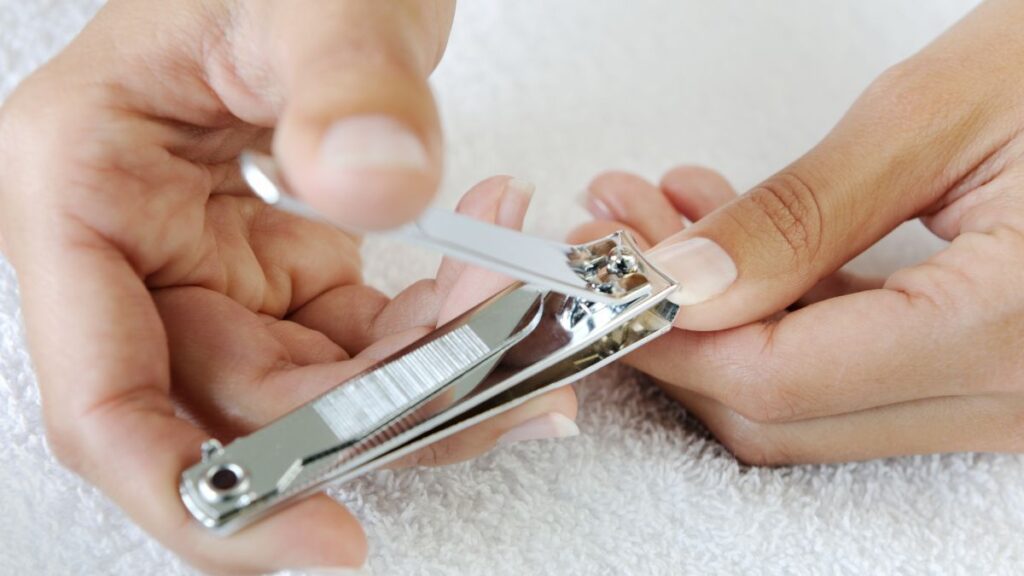Have you ever wondered why some people strictly adhere to not cutting their nails in the evening? Various cultures worldwide have observed this intriguing custom for centuries, each offering unique explanations rooted in spiritual, cultural, and practical beliefs. This comprehensive article will delve into the five most common reasons why people refrain from nail-cutting after evening hours. From spiritual and superstitious beliefs to hygiene considerations, we'll uncover the rich tapestry of human rituals and customs associated with nail care.
Spiritual and Superstitious Beliefs
In many cultures, cutting nails during the evening is steeped in spiritual and superstitious customs. People believe that negative energy and evil spirits are more active at night, making nail-cutting a risky endeavour. This belief is closely tied to the fear of "separating" or "cutting away" something vital, disrupting the balance of energies, and inviting misfortune or bad luck.
Hindu Mythology and Ayurveda
Hindu mythology and Ayurvedic traditions provide another perspective on this practice. According to these beliefs, the moon symbolizes calmness, tranquility, and healing energies. The evening and night hours are when the moon's energy is believed to be at its peak. Cutting nails during this time may disturb this vital energy flow, potentially affecting overall well-being.

Hygiene and Cleanliness
Practicality plays a significant role in some explanations for avoiding evening nail-cutting. Our hands and feet come into contact with various surfaces throughout the day, accumulating dirt, germs, and bacteria beneath our nails. Cutting nails without prior washing in the evening may increase the risk of introducing these potentially harmful substances into our bodies. Given our tendency to touch our face and mouth frequently, waiting until morning ensures a fresh start with clean hands and feet.
Cultural Traditions and Etiquette
Cultural traditions and etiquette also contribute to this practice. Cutting nails in the evening is considered impolite or disrespectful in some cultures. The sound of nail-cutting, especially at night, is believed to disturb spirits, ancestors, or household deities. Additionally, the noise may cause discomfort to others trying to relax or sleep. To maintain cultural traditions and show respect for others' comfort, people refrain from this practice after evening hours.
Practical Considerations
The practical aspects of nail-cutting also come into play when considering the timing. For instance, cutting nails in low light conditions during the evening can be risky. Inadequate visibility may lead to accidental cuts or injuries. Moreover, evening hours are often associated with winding down and relaxation. Engaging in grooming activities like nail-cutting might be viewed as a disruption to the peaceful evening atmosphere. Therefore, many prefer to reserve such tasks for daytime hours.

Conclusion
The tradition of refraining from cutting nails in the evening is a captivating blend of spirituality, culture, and practicality. Whether rooted in ancient customs, personal beliefs, or hygiene considerations, these practices have endured through generations, adding to the rich tapestry of human rituals surrounding personal grooming. The reasons behind this custom may vary, but they all contribute to the fascinating mosaic of human traditions and beliefs that continue to shape our daily lives. So, the next time you ponder the wisdom of this practice, remember the centuries of history and belief that have made it an enduring part of our culture.

